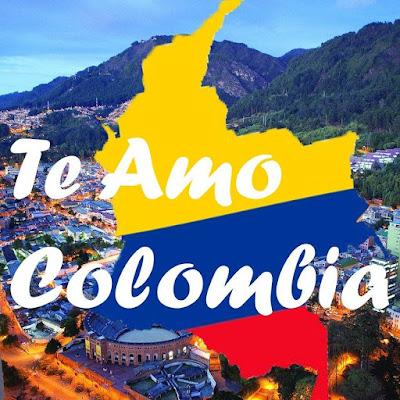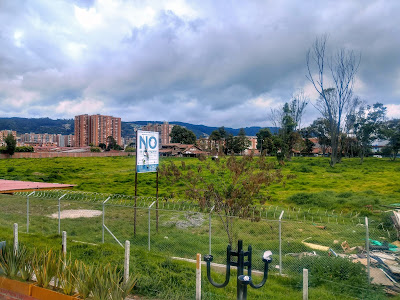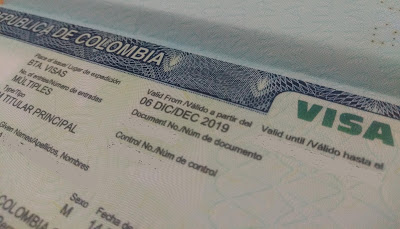[Listen to an audio version of this blog entry here.]
'I'm glad to see that all of the children being baptised today have been given saints' names.'
 |
| 'Do as I say, not as I do.' |
Name of shame
The authoritarian, haughty man of the cloth — I thought the Catholic Church's foot soldiers were meant to act more humbly these days? — had been, um, pontificating about some of the more bizarre names people give their offspring nowadays (in between berating attendees, people who had paid good money for a service in which they were being talked down to, for glancing at their phones and allowing their children to wander about the outdoor gathering).Apparently, so Padre Wilson informed us, somebody was christened Covid of late. I agree with him on the silliness of that one — although if he (or she, I'm not sure) goes on to hold the world to ransom despite being quite a weak individual all things considered, well then it will be an apt name.
That aside, the priest's line may help to explain why Colombians tend to be rather conservative when it comes to naming their children.
Colombia's conservative approach fits in nicely with the nation's overall psyche. As I've touched on before, someone who might be seen as a leftist liberal in these parts would be considered as being on the other side of the political spectrum in many other countries.
'Listening to Padre Wilson belittle the congregation at the baptism was like a primary school teacher addressing unruly yet naive pupils.'
What's
more, there is often unquestioning respect for figures of authority.
Like Ireland up until a couple of generations ago, what the Catholic
Church says here carries considerable weight, outside of affairs in the bedroom that is.
Toe the line
Listening to Padre Wilson belittle the congregation at the baptism was like a primary school teacher addressing unruly yet naive pupils. 'Follow my lead and you'll be saved, little ones.'
With heads bowed in shame, the flock accepted its shortcomings. Father knows best. (And to underscore this superiority, the seven families in attendance, each having already paid for the christening, were encouraged to hand over more cash when the collection basket was passed around. Great work if you can get it.)
Of course, actions speak louder than words and all that. It's not like the majority of Colombians are pious Christians,
even if they are still genuine believers in Christ. It's more a case
that the less taxing, what we could call more superficial elements of
the Church's teachings are, um, religiously followed. With that, very
few seem willing to go against the power-wielders, even if it may be in
their interests to do so.
On a broader societal level, every now
and again we'll have protest movements. At times it even feels like
something might change. Yet with the same energy and speed with which they start,
they also peter out. The reality is that there seems little genuine
enthusiasm to alter the status quo, despite what might be said.
Compliant, conservative Colombia dominates. Change is fraught with danger. It's best not to do it.
Remember,
it's not just the crazy names that you risk importing from Venezuela.
It might start innocently enough with a Geoberty or a Rolangeli or the
like, but where would it all end? Father knows best indeed.
_______________________________________________________________
Listen to Wrong Way's Colombia Cast podcast here.
Facebook: Wrong Way Corrigan — The Blog & IQuiz "The Bogotá Pub Quiz".














